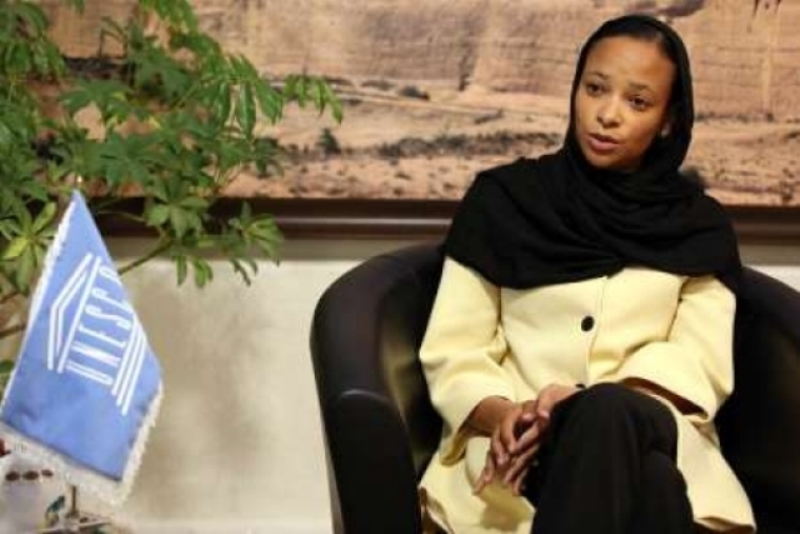
UNESCO Tehran office Director i Esther Kuisch Laroche in a message on the occasion of the World Science Day for Peace and Development said that the international day 'offers the opportunity to mobilize all actors around the topic of science for peace and development.
The full text of her message follows:
More than ever before, science plays a pivotal role in defining the future of humankind. Science has become a major factor in the development of technology needed to enable societies to progress. Science is a fundamental creator of knowledge.
Yet, in spite of the considerable opportunities opened up by scientific advancements, significant populations are still living in poor conditions, and the worldwide deterioration of the environment is a serious threat to the very survival of the human race. Profound inequalities continue to divide peoples. Nations are more interconnected than ever before, and humankind has enormous resources with which to improve the living conditions of all, but the prevailing imbalances and inequalities are giving rise to deep unease.
While considerable efforts have been made, much more remains to be done in order to find appropriate solutions to problems related to energy, food, housing, or environmental management, that are still encountered in all societies in different forms and degrees. Most scientific potential is concentrated in a limited number of countries which, as a result, are holding for themselves the keys to major developments, particularly in advanced fields.
Therefore, science must be mobilized globally to address the enormous problems related to public health, agricultural productivity, environmental degradation, and poverty. This will require addressing the very real disparities between the developed and developing countries when it comes to producing scientific knowledge and using this knowledge for social and economic benefit. Closing this knowledge gap will require, inter alia, finding solutions to the unceasing exodus of scientific brainpower to the rich countries of the North. Closing the scientific knowledge gap also requires North-South and South-South partnerships between scientists, institutions and governments.
Science is a shared enterprise. The pace of scientific progress and the interrelations between global issues, require teamwork and networking. Consequently, national and international partnerships and collaboration between scientific institutions, academia, NGOs, and other sectors and disciplines are essential. UNESCO believes that science must be a global undertaking, and that international cooperation helps reaching key scientific, political, and peaceful objectives.
World Science Day for Peace and Development is an occasion for UNESCO to reaffirm the vision of scientific research as promoting the economic, social, and cultural development of nations, and fostering the prospects for peace and a sustainable future. Without science, there can be no sustainable development; and without sustainable development, there can be no global peace.
Celebrated each year on 10 November, World Science Day for Peace and Development highlights the important role of science in society and the need to engage the wider public in debates on emerging scientific issues. It also underlines the importance and relevance of science in our daily lives. By linking science more closely with society, World Science Day for Peace and Development aims to ensure that citizens are kept informed of developments in science. It also underscores the role scientists play in broadening our understanding of the remarkable, fragile planet we call home and in making our societies more sustainable.
This International Day offers the opportunity to mobilize all actors around the topic of science for peace and development. The 2017 theme is “Science for Global Understanding”. UNESCO promotes scientific research and cooperation to enhance global understanding of the pressing challenges that our planet faces today and ways in which each of us can make a difference and contribute to sustainable development and peace. Sustainability requires changes in how we produce and consume. Fundamentally, it requires new ways of seeing the world, new ways of thinking about our responsibilities to each other and the planet, and new ways of acting and behaving as global citizens. It calls for connecting the dots between scientific knowledge, policy development, and public awareness.
On this World Science Day for Peace and Development we call upon everyone – from government officials and NGOs to the media, teachers and school pupils- to harness the power of science for a better life for all.
Esther Kuisch Laroche
Director and Representative
UNESCO Tehran Cluster Office
 solhkhabar | Peace International News Agency Peace International News Agency , Peace News , International Agency News of Peace
solhkhabar | Peace International News Agency Peace International News Agency , Peace News , International Agency News of Peace